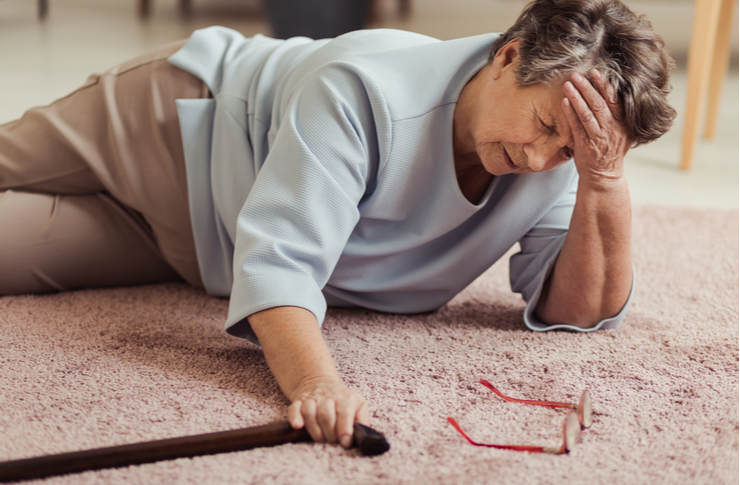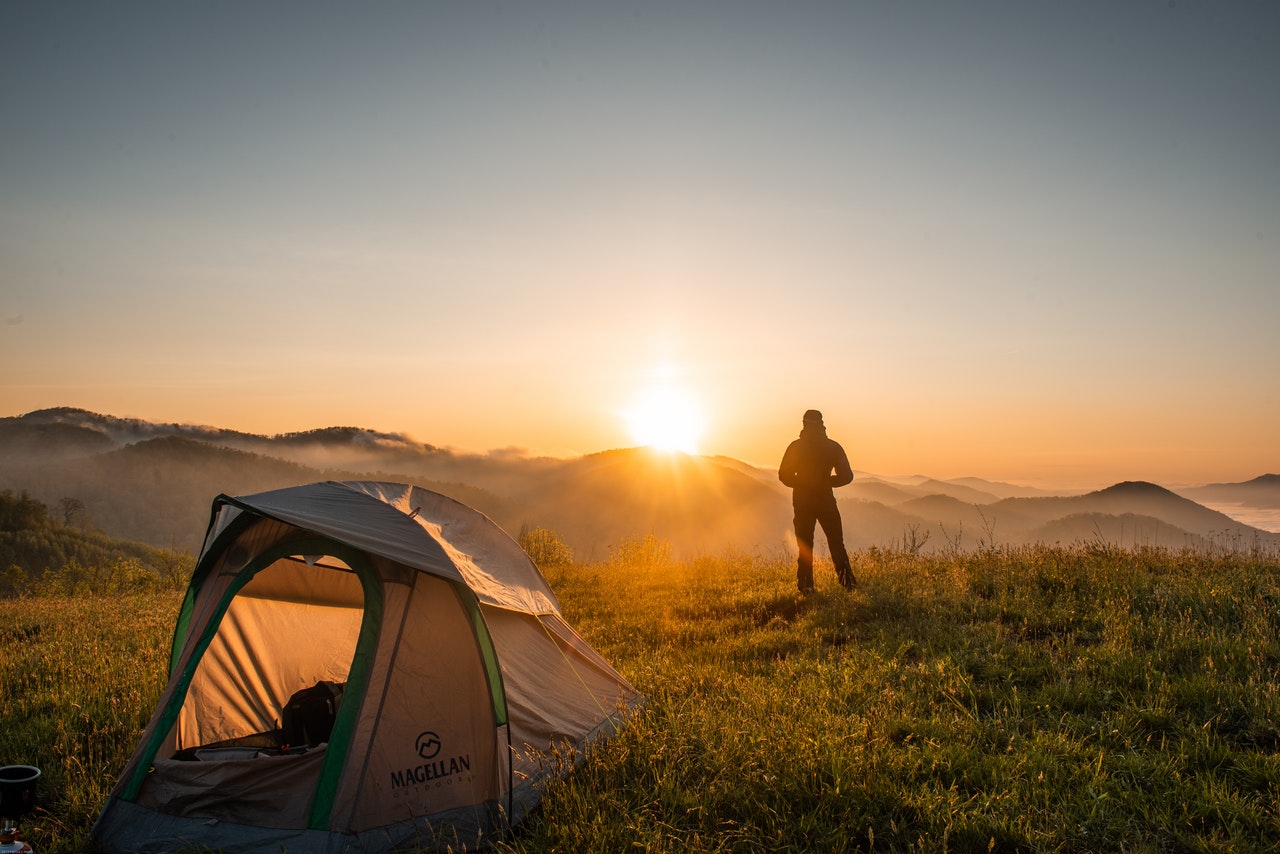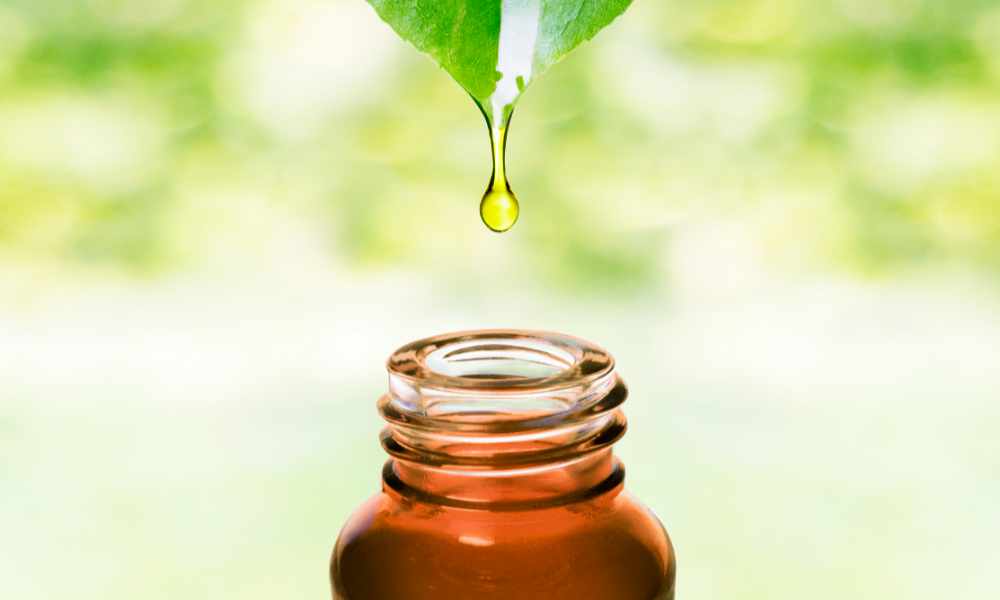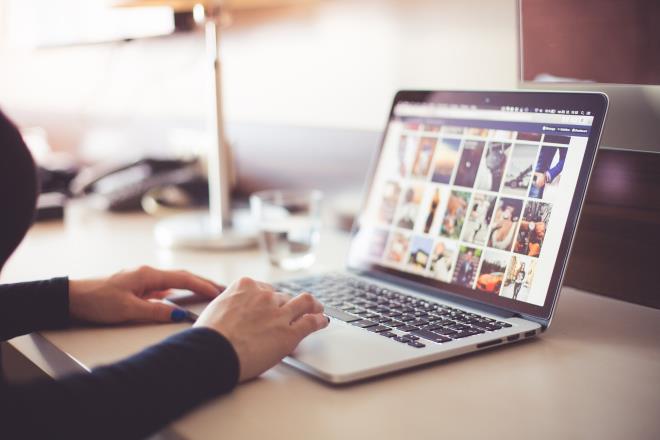The Importance of Emergency Preparedness: Tips for Older Loved Ones
A natural disaster, accident, or even a tragedy has no set time of happening; they just happen. These emergency situations have no preference; they don't care how old or young you are. This is why many government organizations and NGOs have set up and put in place various initiatives to limit the damage that comes with it. Emergency preparedness is one way to tackle the damage when something bad happens. Let us now dive into what you can do to keep yourself and your family (especially older loved ones) safe in the case of an emergency.

Emergency Aids You Can Call For When Disaster Hits
As we have previously mentioned, disasters can strike at any time and they can happen anywhere in the world, during any time of the year, and come in different ways. There are government-assisted organizations and nonprofit organizations that provide aid during or after a disaster. Examples include the Red Cross, AAH, the Salvation Army, etc. There are other resources that provide assistance during a natural disaster, some of which are: hospitals, financial institutions, food banks, etc.
While these agencies and organizations provide aid and relief during natural disasters, it is also important to be prepared for them. In most cases, these disasters can be overwhelming, leaving you a short time of notice to prepare. Nobody wishes for a disaster, but it is better to have your resources ready and not need them than need them and not have them.
So what is emergency preparedness?
Measures taken to prevent or reduce the damage caused by natural disasters to your property, family, and life are referred to as emergency preparedness. The objective is to reduce the impact of natural disasters by putting in place resources, human and material resources, to make the most of the time and effort needed for your safety and the safety of those around you. Preparedness can save your property, and even save your life. It can greatly speed up the amount of time needed for a return to normalcy after a disaster. While it takes some time to prepare, it will ultimately serve you and your family if you prepare ahead.
What do I need to be prepared for an emergency and what are the things to consider if I have an older loved one?
First of all, you need a checklist. Now, you probably don’t think about an emergency all the time. Some people don’t even think about it at all-mostly because they live in an area not prone to natural disasters. Make good emergency plans for your own safety and the safety of your family, especially your elderly loved ones. Now, back to the checklist. There are certain items that are effective, time-saving, and efficient during an emergency situation. These things can even save your life. Below you will find some items you may want to add to that checklist, so that, when next you head to the supermarket, you make sure to get them.
Your list and what eventually becomes your emergency kit should contain things like:
• Water. Pack several gallons of water, one per person. • First aid kits. This is essential for situations where a person or two are injured. • Additional Batteries. You will certainly need flashlights and they may need to be charged. • Extra clothing. An extra pair of shoes and comfortable clothing will be needed. • Non-perishable foods will be great to survive on for the period of recovery. Make sure to pack a can opener as well. • Pack blankets. It can get very cold. • Extra Money. You never know when you may need to buy something.
Emergency Preparedness Tips For Older Loved Ones
Older people are particularly vulnerable during a natural disaster. Some of them need special care and can often get around as quickly as a younger person would. Here are some important tips to help older people during an emergency:
• Prepare an emergency kit: It is critical that your elderly loved ones have food, water, medicine, and other necessities to survive a water and power outage. You should consider things like toiletries, necessary medications, and tools for medications such as syringes for insulin, moist towelettes, dust masks, radios, and batteries, etc. • Keep copies of important information: copies of information such as medications, prescription lists, medical tool orders, Medicaid cards, contacts of doctors, caregivers, friends, and so on should be kept safe. • Include special supplies like extra pairs of glasses, catheters, feeding tubes, extra batteries for devices for hearing or wheelchairs, refrigerated medications-this needs planning ahead, and some extra supplies for pets or service animals.
In conclusion
Planning ahead for a disaster is one thing most people do not consider but it is a necessity as natural disasters or an emergency can occur at any time or place. As much as one can depend on special agencies or organizations, it will be good to have some plan of your own. This can essentially save your property, your family, and your life.




